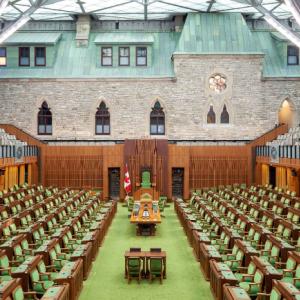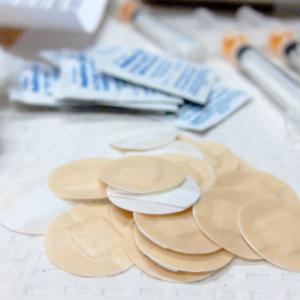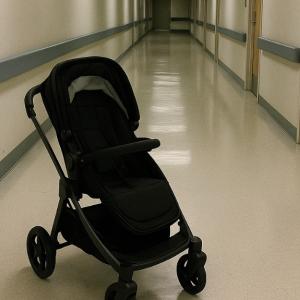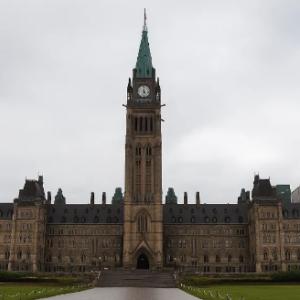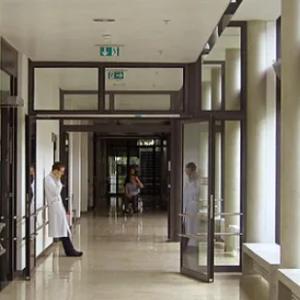Canadian student abroad questions Ontario’s exclusionary residency rule
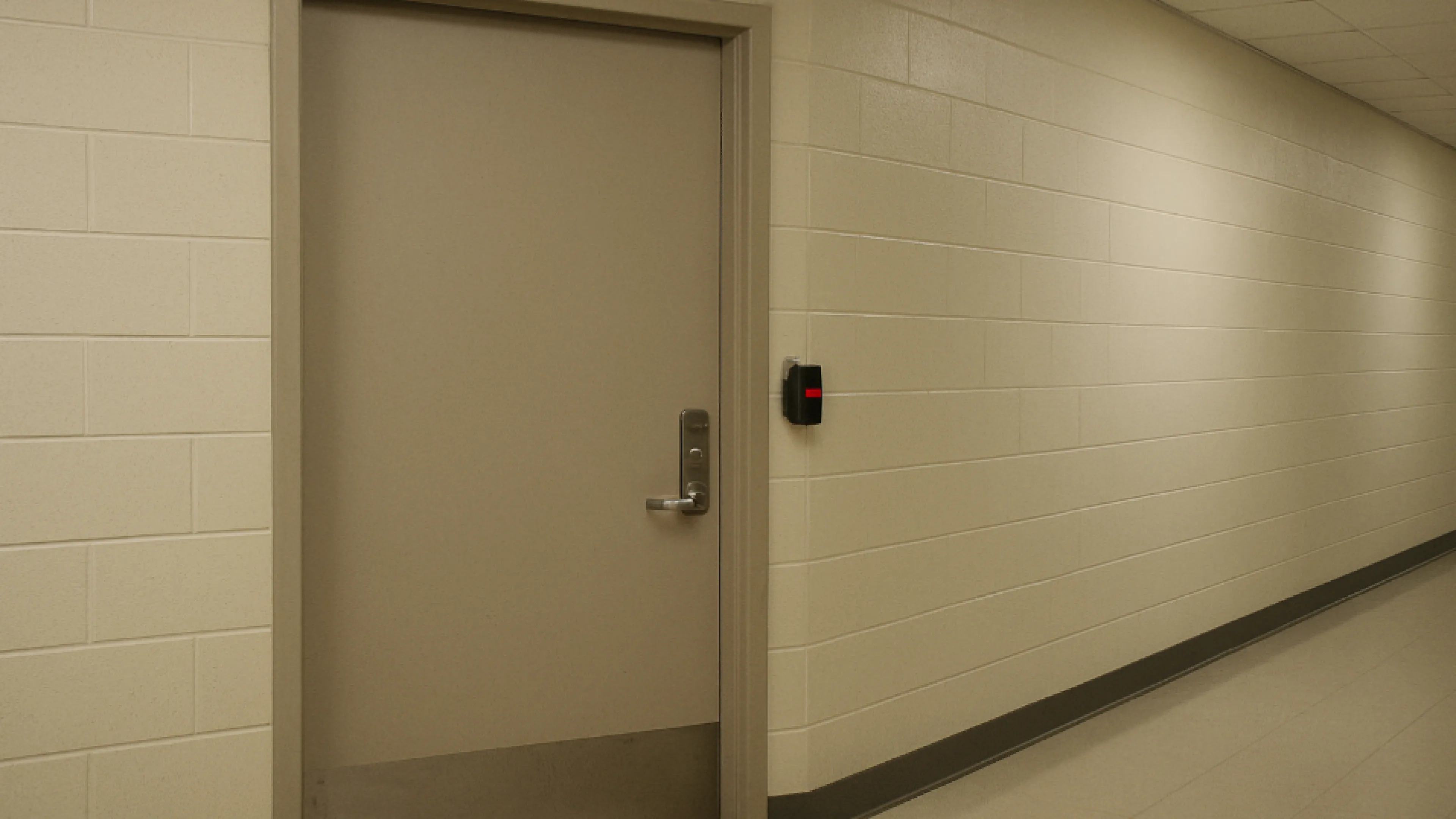
I grew up in Ontario. This is where I attended elementary school, high school and completed my undergraduate bachelor’s degree. When I decided to study medicine abroad, it wasn’t because I wanted to leave. It was because I had to.
Limited medical school spots in Canada have pushed thousands like me to pursue the next phase of our training overseas.
Upon completion, this training will label me — as well as the estimated 3,500 Canadians enrolled in medical schools abroad — as an international medical graduate (IMG). Regardless, my plan was always to return and practice medicine in Ontario, the place I have always called home.
This story is not unique to me, but a journey shared by hundreds of Canadian IMGs.
A few weeks ago, the Ontario Ministry of Health sent shockwaves across the medical student community when it announced that, for the first time, it will exclude IMG students who did not complete a minimum of two years of high school in Ontario from the first iteration of the Canadian Resident Matching Service for IMG-designated R–1 positions.
Many students who spent years perfecting their Ontario applications were banned from applying overnight.
At first glance the change might seem straightforward. Ontario, like other provinces, wants to prioritize applicants with genuine ties to its communities, who are more likely to stay and practice in the province long-term. This isn’t unique to Ontario. Many provinces show in-house favourability throughout the medical education process.
The caveat is that Ontario hosts a significant proportion of Canada’s medical schools, and therefore its residency positions. These new rules are rigid, unforgiving and too simplistic. They assume that the location of one’s high school determines one's connection to Ontario — an arbitrary marker that fails to capture the many ways people form genuine ties to our province.
For full transparency; this change favours me. As someone who completed high school in Ontario, I am still eligible to apply for the first iteration of the match. But that’s also why I find it troubling. It feels uncomfortable to benefit from a system that excludes equally qualified Canadians based on a technicality that has little to do with merit or skill.
I empathize with my friends and colleagues who have been blind-sided and are now forced to drastically alter their career paths. They are no less “Canadian,” no less dedicated, and no less deserving of a fair chance.
Policies like this risk dividing Canadian IMGs into arbitrary categories of worthiness, when the real problem lies in the scarcity of medical school and residency positions available in Canada. That's the systemic barrier that forces so many aspiring Canadian doctors overseas in the first place.
The irony is that the very Canadians our system has come to depend on are the ones it often shuts out.
Structurally, Canadian provinces have grown reliant on this pipeline of Canadian IMGs due to our continued need for physicians. About a third of all physicians in Canada are foreign-trained, including Canadian IMGs. Yet, we have fallen short of providing the necessary resources to train these students in-house.
Ontario should continue to prioritize those with provincial ties to support health-care access and retention within the province. However, this should not come at the expense of other well-deserving Canadian IMGs. Rather than narrowing opportunities through rigid, arbitrary rules, provinces must invest in expanding medical school and residency spots, and create equitable pathways for all Canadians who aspire to serve in their communities, regardless of where they studied.
Because ultimately, the goal should not be to exclude, but to bring home every capable doctor who calls Canada home.
Youssef Garras is a third-year Canadian medical student studying in Ireland. Another version of this piece first appeared in HealthyDebate.
